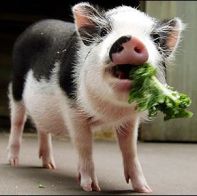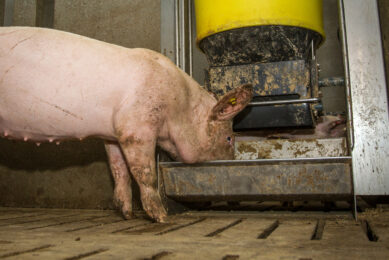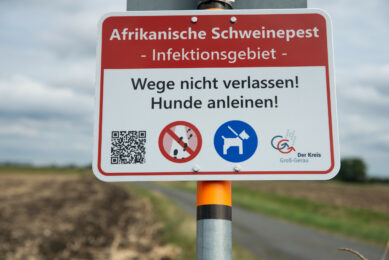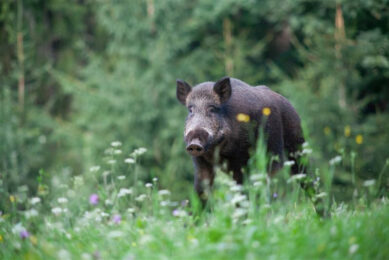Herbal therapy for pigs

Natural alternatives to growth-promoting antibiotics in livestock feed may soon be on the menu for pigs in Europe, thanks to research conducted by REPLACE, an EU-funded project.
Although antibiotics were never used to the same extent in Europe as in the US, the ban has had a varying impact on livestock production, says John Wallace of the Rowett Research Institute in the UK, coordinator of the REPLACE project (replacing antibiotics).
Dr Wallace believes that the removal of growth-promoting antibiotics has placed some livestock producers in Europe at a competitive disadvantage, since other countries such as the US have no restrictions on their use.
So, what is the alternative? Funded under the ‘Food quality and safety’ programme of the Sixth Framework Programme (FP6), REPLACE is looking into the use of plants such as herbs, plant extracts including essential oils and other materials as safe alternatives to these feed antimicrobials.
All of the samples are of plants or extracts that are either indigenous to Europe or that can be grown here.
The candidates selected by the project come from some 500 samples of plant material collected during the Rumen-up project in FP5, to decrease methane and nitrogenous emissions from ruminants and to alleviate nutritional stress. ‘Methane is not only bad for the environment, it is also bad for the animals to be losing an important source of energy,’ Wallace explained.
In FP6, the samples were tested this time for use on pigs for their potential to control infections from and immunity to E. coli and other parasites, as well as for their impact on food safety and feed efficiency.
Three promising plants
The project consortium has identified three promising candidates for which it is filing patent applications. One candidate, which has been used in traditional herbal medicine, was found to be particularly effective in the control of diarrhoea among piglets.
Dr Wallace believes that the three candidates are commercially viable. ‘First though, we will have to prove their efficiency and safety,’ he noted.
The consortium is currently at the stage of drawing up candidate field trials and figuring best way to spend the remaining money to prove the efficiency of these candidates. Trials are expected to start in the coming months.
Related links:











